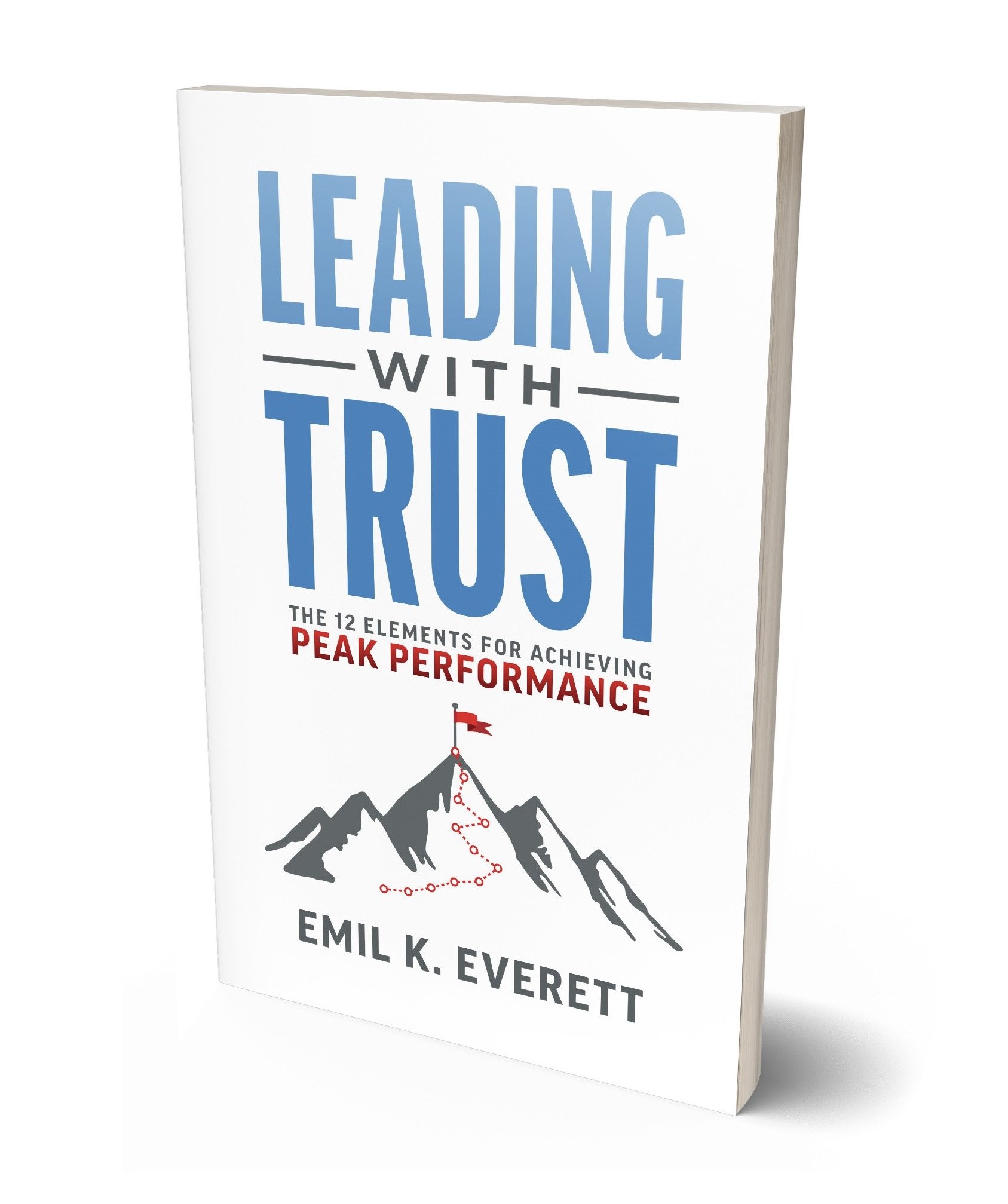Motivation: A Guide for Leaders
The success of any organization largely hinges on the motivation and engagement of its team members. Leaders play a pivotal role in fostering an environment where employees feel driven to excel and innovate. Leaders must address three critical components to effectively motivate their team: emotional needs, logical understanding, and skills development. Together, these elements form a robust framework for boosting confidence and motivation among team members, enabling them to complete tasks and projects successfully.
The first component, emotional needs, involves recognizing and empathizing with the emotional states of team members. Leaders must cultivate an atmosphere of emotional intelligence, where feelings are respected and integral to team dynamics. This understanding helps leaders tailor their motivational strategies to fit the emotional needs of each individual, such as providing support during stressful times or celebrating personal and professional milestones.
Effective leadership requires acknowledgment of employees' fears, anxieties, and pressures. By addressing these emotional aspects, leaders can help team members overcome barriers that may hinder their performance. For instance, a leader noticing an employee feeling overwhelmed might offer a listening ear, suggest adequate breaks, or provide mental health and well-being resources.
The second component, logical understanding, pertains to the cognitive aspect of motivation. Employees are more motivated when they clearly understand what, why, and how their tasks are being done. Leaders must ensure that team members grasp their roles and how they contribute to the larger organizational goals.
This clarity is achieved through transparent communication and setting well-defined, achievable goals. For example, a team leader can explain how a seemingly mundane task is vital for completing a project or how it aligns with the company's strategic objectives. By connecting day-to-day activities to a larger purpose, employees can see the value in their efforts, enhancing their motivation.
The final component of the motivation framework is skills development. Confidence and motivation flourish when individuals feel competent in performing their jobs. Leaders should invest in continuous learning and development opportunities for their team members to build and refine their skills.
This investment can take various forms, such as on-the-job training, professional courses, workshops, or mentoring programs. For example, a leader might identify an employee's project management potential and provide the necessary training to develop this skill. As employees grow and succeed in new challenges, their self-efficacy strengthens, boosting their motivation and commitment to their roles.
Effective leaders integrate emotional and logical understanding with ongoing skill development to create a holistic motivational strategy. This strategy aims to improve performance and build a resilient and adaptive team. The synergy of these components ensures that team members are equipped and inspired to tackle their responsibilities.
Leadership's essence lies in achieving goals and journeying towards these goals together with one's team. By focusing on emotional empathy, logical clarity, and skill enhancement, leaders can unlock the full potential of their teams. This approach fosters a positive work environment and drives the company toward its strategic vision, with a motivated and competent workforce at its core.

